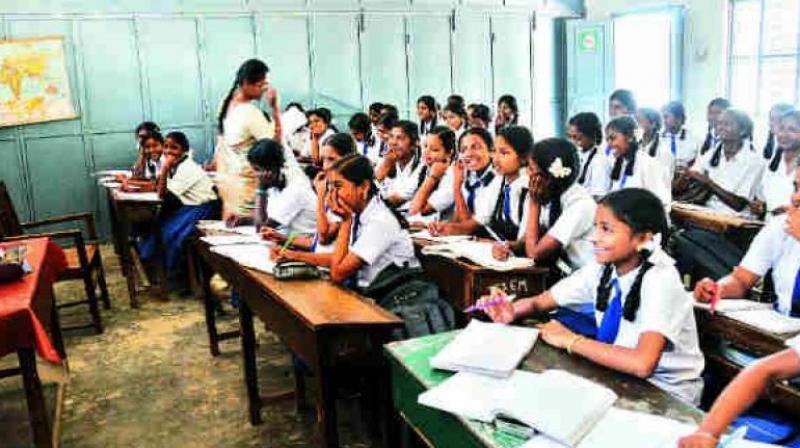The slow, steady march to a worthy partnership

Teachers sometimes call parents for a meeting to discuss about the child. This may be because the student is not doing well in studies or because of some conduct issues. It may also be due to some emotional problems or suicidal behaviour identified at school. Any such calls will make the parents anxious. The 'open houses', where teachers discuss the performance of the child, are scary for several parents. This peaks if the child has a problem.
If the meeting involves shaming or blaming, the frustration caused may shape as verbal or physical abuse against the child at home yielding negative results.
Beyond a routine ordeal, parents and teachers should sincerely attempt to build a positive alliance to work towards making student comfortable at school and feeling capable. Problems are best discussed in privacy.
TIPS FOR TEACHER PARENT PARTNERSHIP
- A comfort zone with no mutual blame or criticism is vital for an alliance that has the strength to mould the student well.
- Listening is the key, not teaching or advising. Encourage parents to share with teachers their experiences with child at home. Help them to discover the student's strengths and weaknesses.
- The teacher can begin with some positive things the student does at school. Avoid pasting hurting labels on the child and discourage parents from doing this. Describe what student does and is unable to do. Point out the conduct or emotional issues and suggest methods to enhance positive behaviour.
- Explain what is expected of the student in class room. Elicit parent's ideas on how this could be accomplished. Say what can be done at school and get a commitment on what parents can do at home. Some students may need help for learning issues and other emotional problems. Guide parents on how to go about.
- Motivate parents to spend quality time with child for mutually enjoyable activities and communication.
The teacher and parent should periodically review the results. The teachers must appreciate parents for even the small progress the student makes. Depending on the age and readiness, the student can be included in the parent teacher meeting. Older children will have to be participants in certain tasks.
STAY TUNED TO ALLIANCE
If there is no expected improvement, do not feel discouraged. Utilise the working alliance to find new ways to help the student. The spirit of mutual help and respect will make the parent and teacher comfortable and competent. If the teacher parent team feels good and focused, so will be the student in due course.
(Author is chief psychiatrist at Medical Trust Hospital, Kochi & district mentor, 'Our Responsibility to Children' programme)

